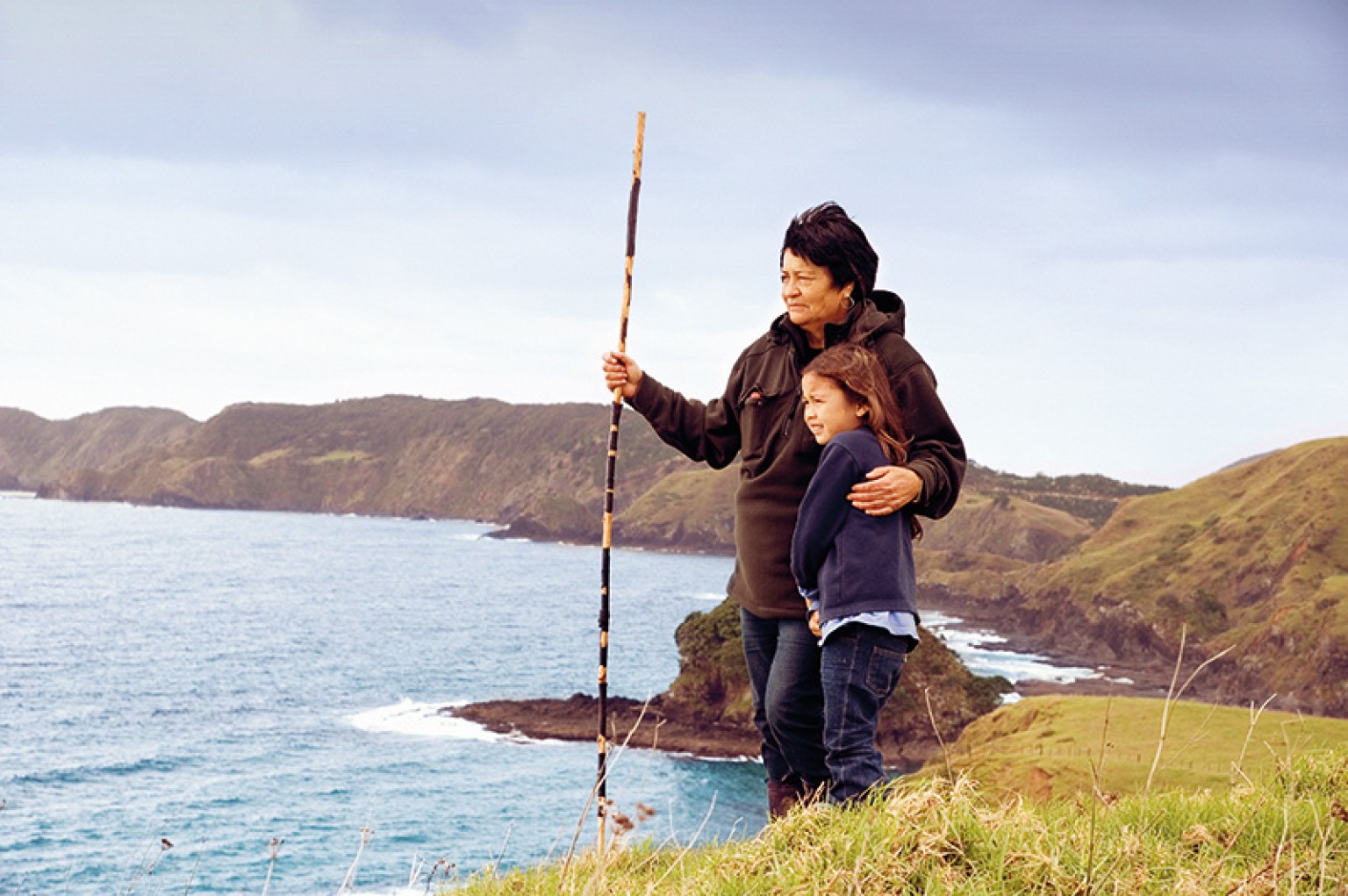
If you’ve got children, you’ll need to consider them in your will. Not just their inheritance, but also guardianship for them if they are under 18 years of age.
A guardian represents your preferences for your children if you are no longer around. It’s important to name a guardian, as not having one can mean that the courts will have the final say.
Specifying the guardian’s role
The guardian won't necessarily be looking after your children on a day-to-day basis. They’re there to oversee your children’s welfare and interests more broadly, which could mean they will be liaising with an existing parent or guardian.
What to consider
There are a range of factors to consider when choosing a guardian. Make a shortlist of possible candidates and weigh them up next to things such as:
Values and beliefs
Parenting skills
Finances and work commitments
Age and health
Location
Existing family circumstances
Keep in mind
It’s important to make your decision on what is best for your children. You shouldn’t choose someone that you think you have to choose or someone who might think it is their duty.
Also, it needs to be someone who will really love your children and relish the role.
Be open
Once you’ve chosen who you wish as the guardian of your children, discuss it with them in detail.
Be open about the financial support that your estate can provide and your expectations of the role.
It’s also important to be open with your relatives on who you have chosen and why.
Keeping it updated
You can change the named guardian at any stage. In fact, it’s important to do so if circumstances have changed for you, your children or the named guardian themselves.
Prefer a hard copy?
You can also download our brochure about choosing a guardian.